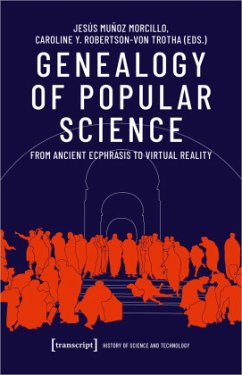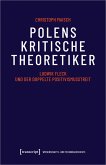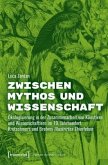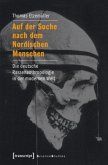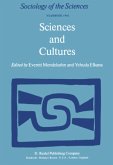Despite the efforts of modern scholars to explain the origins of science communication as a social, rhetorical, and aesthetic phenomenon, most researchers approach the popularization of science from the perspective of present issues, thus ignoring its historical roots in classical culture along with its continuities, disruptions, and transformations.
This volume fills this research gap with a genealogically reflected introduction into the popularization of science as a recurrent cultural technique. The category »popular science« is elucidated in interdisciplinary and diachronic dialogue, discussing case studies from all historical periods.
Classicists, archaeologists, medievalists, art historians, sociologists, and historians of science provide the first diachronic and multi-layered approach to the rhetoric techniques, aesthetics, and societal conditions that have shaped the dissemination and reception of scientific knowledge.
This volume fills this research gap with a genealogically reflected introduction into the popularization of science as a recurrent cultural technique. The category »popular science« is elucidated in interdisciplinary and diachronic dialogue, discussing case studies from all historical periods.
Classicists, archaeologists, medievalists, art historians, sociologists, and historians of science provide the first diachronic and multi-layered approach to the rhetoric techniques, aesthetics, and societal conditions that have shaped the dissemination and reception of scientific knowledge.
»A novel and original take on the history of popular science show cases that making science accessible to the public has been part of scientific activity since ancient times.
Thanks to a careful curation of the collection of texts, this volume as a whole offers more than the sum of its parts(chapters).«
Eric Stengler, Journal of Science Communication, 20/5 (2021) 20210622
Thanks to a careful curation of the collection of texts, this volume as a whole offers more than the sum of its parts(chapters).«
Eric Stengler, Journal of Science Communication, 20/5 (2021) 20210622

